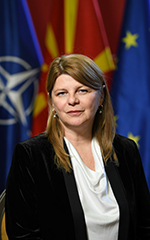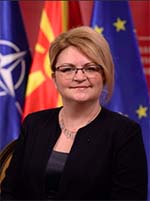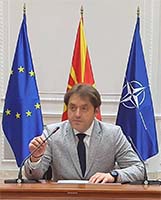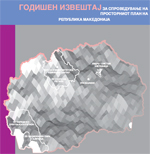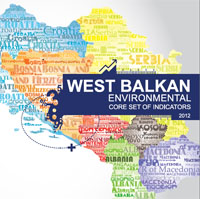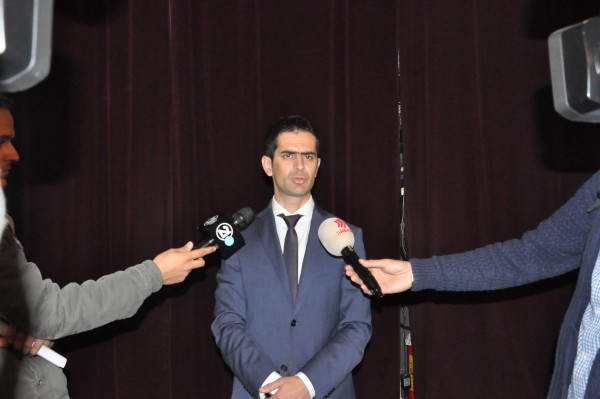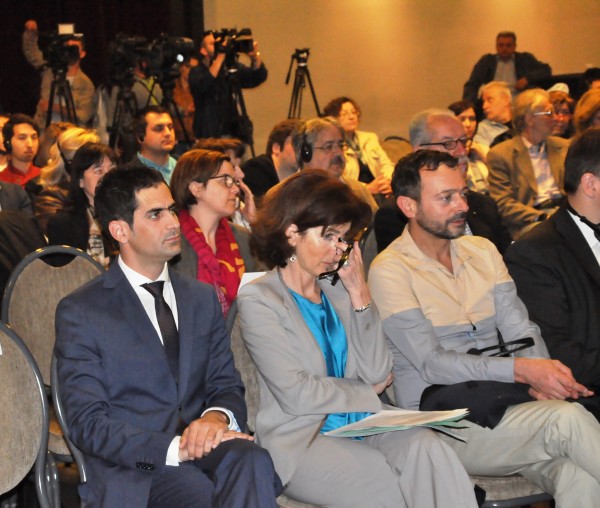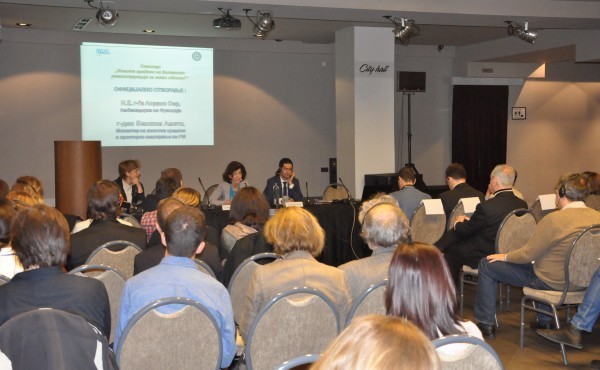 (17.05.2016.) Today, the Minister of Environment and Physical Planning Bashkim Ameti and the Ambassador of France in Macedonia H.E. Lawrence Auer opened the workshop on “New cities on the Balkans: Reconstruction for the future?” where discussions were focused on innovative concepts of sustainable urban planning and development of cities in the Western Balkans.
(17.05.2016.) Today, the Minister of Environment and Physical Planning Bashkim Ameti and the Ambassador of France in Macedonia H.E. Lawrence Auer opened the workshop on “New cities on the Balkans: Reconstruction for the future?” where discussions were focused on innovative concepts of sustainable urban planning and development of cities in the Western Balkans.
Pointing out that the present development of the cities faces a serious challenge of securing a balance between economic progress, social and cultural advancement, Minister Ameti added in his introductory address:
- I consider that it is especially important to provide adequate urban planning by parallel application of several policies which are important factors in the implementation of the concept of sustainable cities. Here, I primarily have in mind the transportation policy, the waste management policy, construction of energy efficient facilities, regulation of riverbeds and alike. Furthermore, activities undertaken at local level contribute to a high rate emissions of local and global pollutants. Therefore, it is important to identify the sources of the gases and sectors in the frames of the municipality thus reaching the answer concerning potentials for their reduction and prevention of future risks.
According to Minister Ameti, further strengthening of regional and local structures is necessary to implement the national legislation and increase absorption capacity for foreign assistance.
The workshop was attended by the well-known French specialist in political geography Jacques Levy and Deputy Director of the Agency “Aquitaine Nimerik” Laurent-Pierre Zhilijar.
Two panel discussions were held in the frames of the workshop on “Metropolis in 30 years: challenges of the future” where challenges of urban planning, division in urban and rural environments, issues related to the process of managing vast areas inherited from the past or built in a short period of time, social dwellings, relationships between communities, social differences, innovations through technology or architecture, role of automobile as transportation means and public transport were discussed; and “Wise cities, new technologies” where the role of digital tools in the process of city management, innovative projects towards improved management of the traffic and observation of operational undertakings were considered.
The workshop was organized by the French Institute in Skopje.



